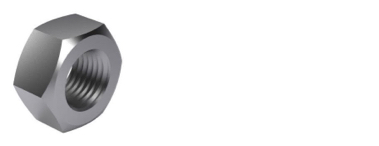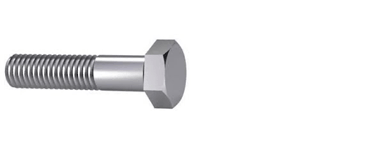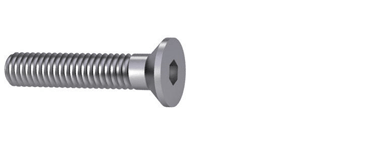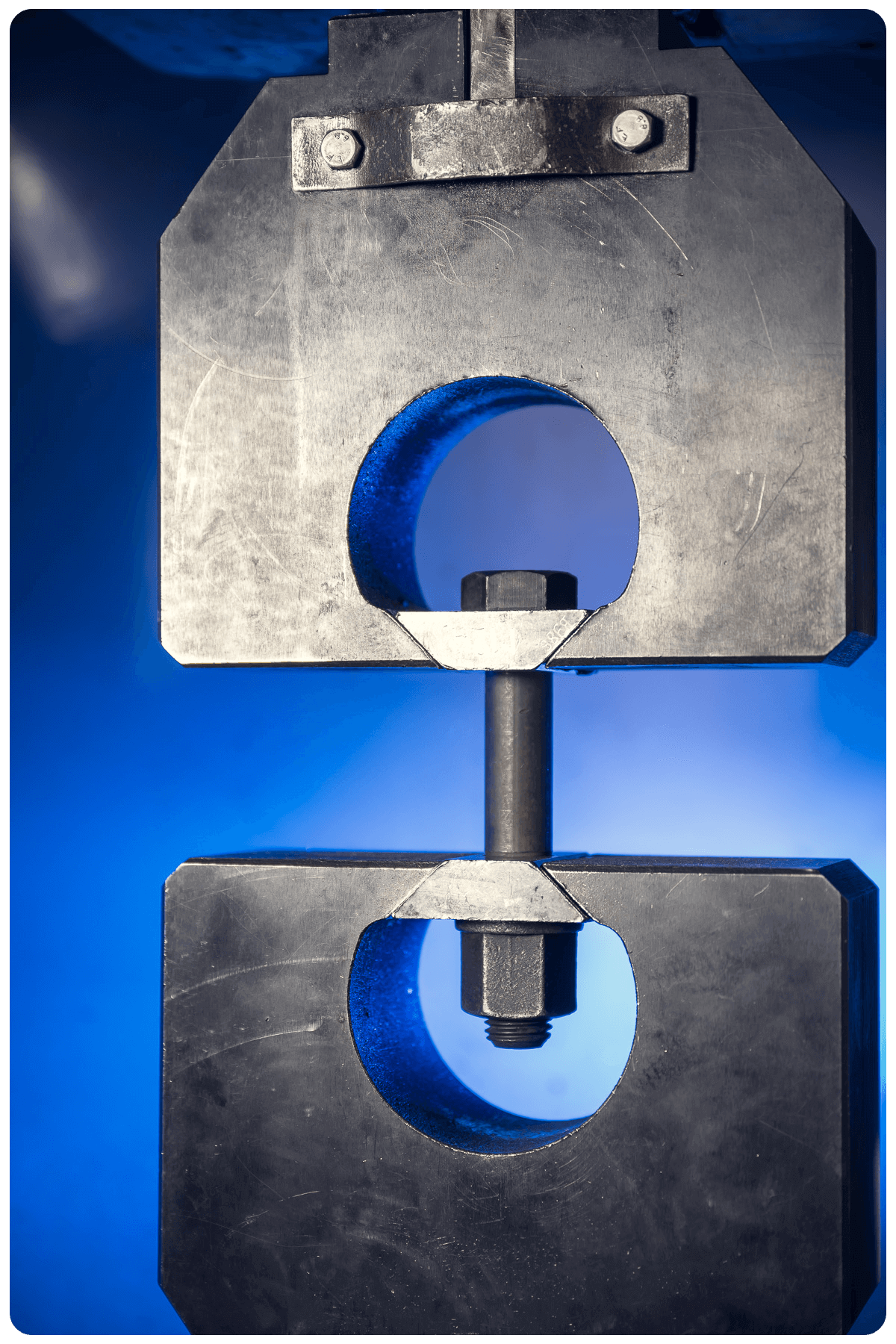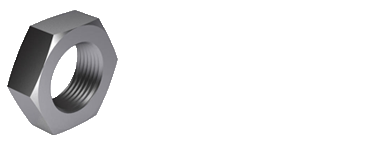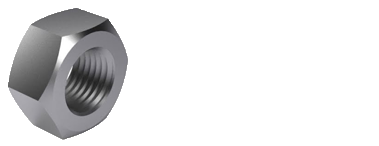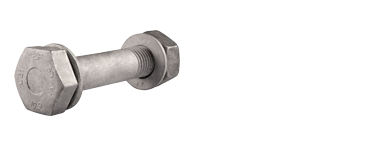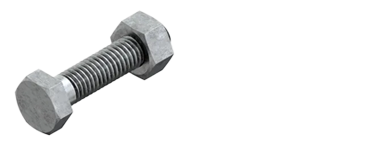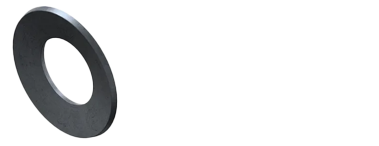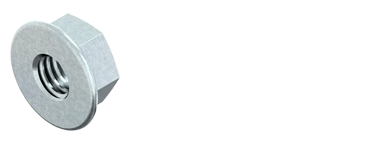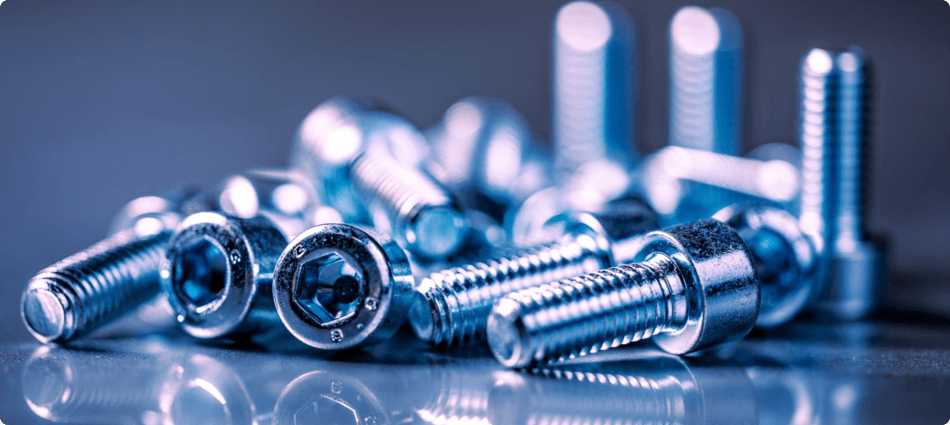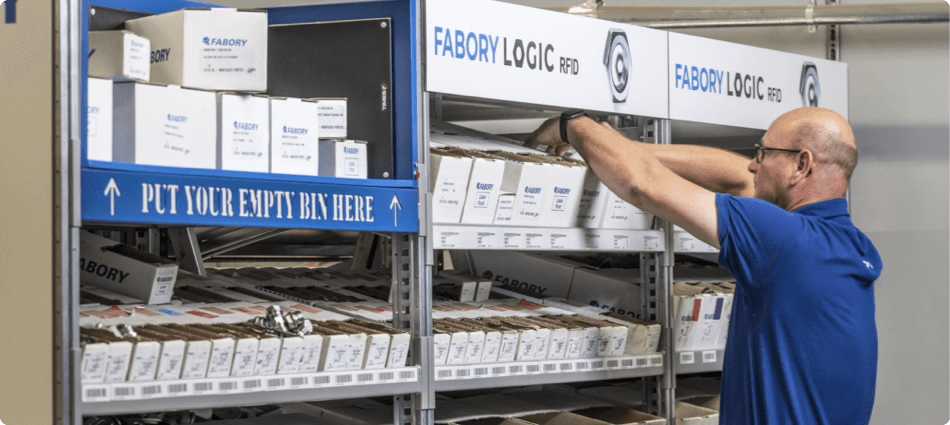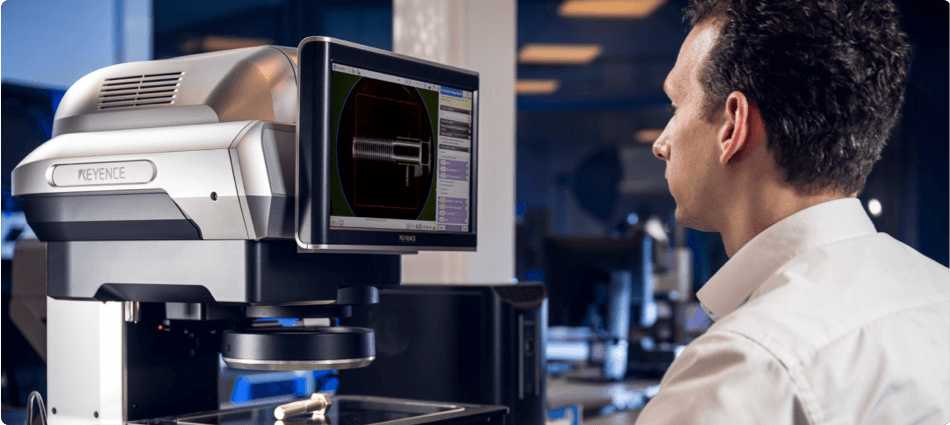EN (European Norm)
European Norms, also known as EN standards, are technical standards established within Europe to ensure that products and processes meet uniform quality requirements. The European Committee for Standardization (CEN) developed these standards in collaboration with various European parties. They stimulate trade, ensure safe working conditions, and make products more reliable in sectors such as construction, automotive, and aerospace. For example, in construction, anchor bolts complying with the EN 15048 standard are used, while in the automotive sector, wheel bolts conforming to EN 14399 are essential for vehicle safety.
History
EN standards were established to standardize quality and technical specifications across Europe. Since its founding in 1961, CEN has played an important role in developing uniform standards to replace conflicting national regulations. This standardization facilitates international trade and ensures consistent quality and safety.
Structure and collaboration
The standards are developed by technical experts from more than 30 countries. Over 60,000 professionals provide input to ensure that the standards align with the latest industrial developments and technologies. This process is based on collaboration, transparency, and building consensus, with input from industry, governments, and social organizations. This collaboration ensures that EN standards are not only technically robust but also widely supported by both the industry and government agencies, increasing acceptance and application across different sectors.
Quality and reliability
Fastening materials that comply with EN standards are rigorously tested for properties such as mechanical strength, corrosion resistance, and durability. This ensures that manufacturers deliver reliable products for critical applications. For instance, fastening materials according to EN 1090 are tested for their ability to withstand mechanical load, which is crucial for structural integrity in steel constructions. Compliance also helps meet EU regulations, making market access easier and strengthening trust between suppliers and customers.
In short, EN standards are essential for ensuring quality, safety, and international trade opportunities. They ensure that companies, regardless of location, can rely on products that consistently meet high standards.

